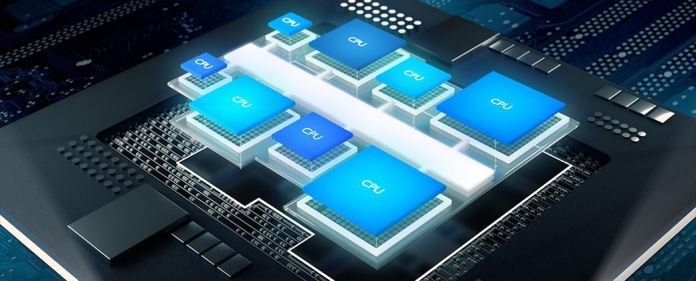Apple and Samsung, two of the world's leading tech companies, are reportedly gearing up to invest in ARM's forthcoming Initial Public Offering (IPO) in September. This information comes from a recent article by Nikkei Asia, which cites multiple sources familiar with the matter. The report indicates that these tech behemoths are among several potential investors keen on the semiconductor and software design company's public offering.
ARM's Position Among Semiconductors
Originating as Acorn RISC Machine and later transitioning to Advanced RISC Machines, ARM is a British-based semiconductor and software design company located in Cambridge, England. While ARM processors (CPUs) remain its core focus, the company also delves into diverse chip designs, software tools, and system-on-a-chip (SoC) solutions. Since its acquisition by the Japanese conglomerate SoftBank Group in 2016, ARM's processors have become integral components in numerous devices, notably smartphones.
Details Surrounding the IPO
According to a report from Investing.com, ARM, which is a chip design unit of SoftBank Group, is strategizing its IPO on the Nasdaq in September. The anticipated market capitalization for ARM is projected to soar past $60 billion, positioning it as a potential heavyweight IPO for 2023. The formal application process with the US Securities and Exchange Commission by SoftBank is expected to commence soon, with subsequent approval from Nasdaq. The IPO is likely to materialize by mid-to-late September. Notably, SoftBank's Vision Fund, which holds a 25% stake in ARM, is considering selling 10% to 15% of its shares, creating an avenue for other chipmakers to invest.
Implications of the Investment
Apple and Samsung's decision to invest in ARM emphasizes the company's profound impact on the semiconductor industry. Arm's designs are integral to many of the devices consumers engage with daily, ranging from smartphones to tablets. The impending IPO, anticipated to generate substantial capital, is set to have wider ramifications for the tech sector, particularly in light of the current global chip shortage.






